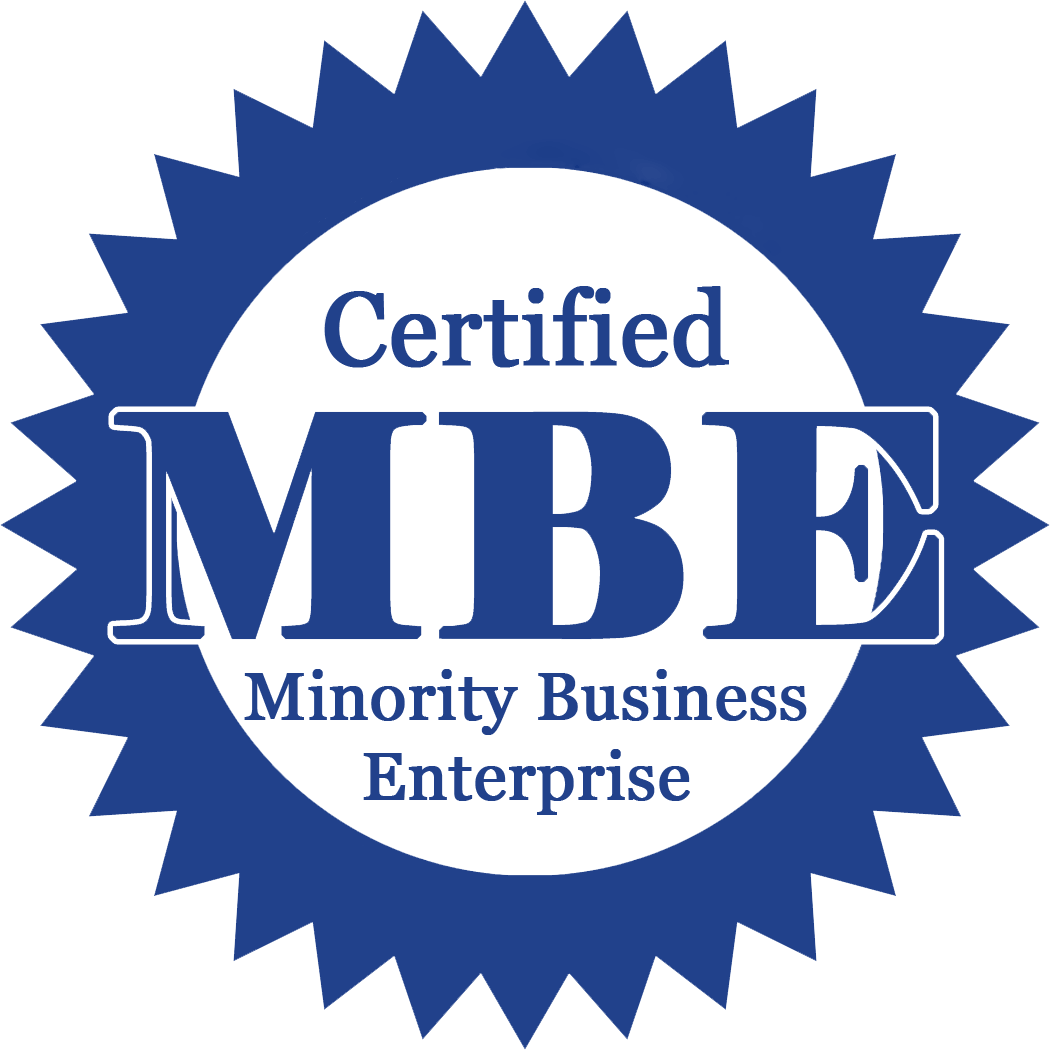In the second half of the 20th century, a number of sociologists and political scientists argued that the political significance of social identities and social cleavages had declined, particularly in advanced industrial democracies, due to the forces of individuation and fragmentation inherent in modern life. Dwindling membership in a vast array of civic institutions since the late 1960s has been cited as evidence in support of this argument (Putnam, 2000). The decline in church membership and religious involvement during this period has been the subject of considerable scrutiny, as such organizations are considered by many scholars to be among the most robust social institutions in the United States. While some have argued that this change reflects a trend towards the secularization of American society, others have suggested that the decline in religious identification and involvement has occurred amongst the more liberal and less committed religious adherents, contributing to a widening gap between the secular (or progressive) and the orthodox in this country. This latter argument underlies the �culture wars� thesis (Hunter, 1991).
Recent changes in the political landscape point to the existence of an electorate fundamentally divided on the nature of the values that should guide public policy. Increasingly, anecdotal evidence at both the elite and mass levels � such as bitter strife in Senate confirmation hearings for judicial nominees, the importance of referenda on gay marriage in many states for electoral outcomes in the 2004 elections, conflict at both levels regarding the outcome of the Terry Shaivo controversy and right to life (and death) issues more generally � suggests increased polarization on issues where value priorities conflict. At first blush, this polarization appears inconsistent with a sweeping trend towards cultural secularization and better supports the culture wars hypothesis. However, some scholars contest this notion of a nation embroiled in cultural conflict. Notably, Fiorina (2005) has argued that the media�s portrayal of a nation deeply divided, coupled with polarization amongst elites and party activists, masks the existence of an electorate that is largely moderate and deeply ambivalent.
In this study, I investigate whether there is any substance to the body of work that points to cultural conflict in the United States. The goal of this project is to better understand the influence of group identification on public opinion, by drawing on social identity theory. Specifically, I evaluate the micro-level dynamics thought to underlie the culture wars by considering the way mass communications containing cues about social identity threat effect emotional responses to issues, polarization of policy attitudes, and tolerance towards salient social and political groups. Ultimately, this study will afford insight into the role of religion in American life and the its political consequences.
Survey Software Easy to use and accessible for everyone. Design, send and analyze online surveys.
Research Suite A suite of enterprise-grade research tools for market research professionals.
Customer Experience Experiences change the world. Deliver the best with our CX management software.
Employee Experience Create the best employee experience and act on real-time data from end to end.




